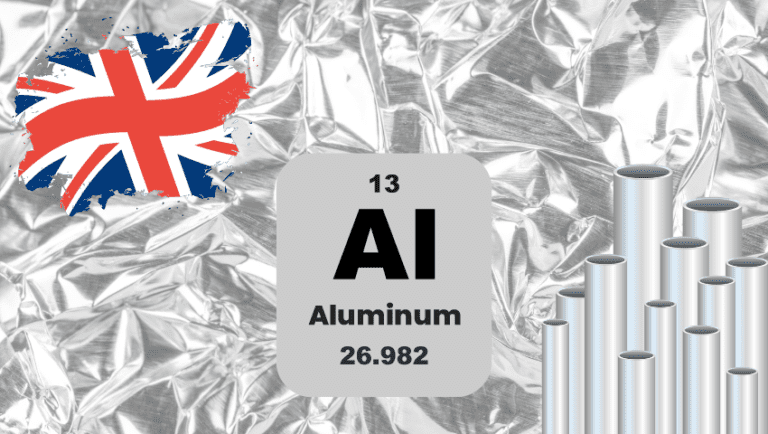Coal in UK … A Comprehensive Analysis
Environmental and Health Impacts
- Air and water pollution: Coal mining and combustion release toxic pollutants, like sulfur dioxide and mercury, which contaminate air and water sources. These pollutants can cause respiratory problems, heart disease, and other health issues.
- Greenhouse gas emissions: Burning coal releases significant amounts of CO2, a greenhouse gas that contributes to climate change. The UK has committed to reducing its greenhouse gas emissions, and phasing out coal is a key part of that effort.
- Health risks for miners and nearby populations: Coal mining is a dangerous occupation, with miners exposed to hazards like cave-ins, explosions, and long-term respiratory diseases. Communities near coal mines and power plants also face increased health risks from air and water pollution.
The Future of Coal in the UK: A Greener Path Forward
- Government initiatives to phase out coal: The UK government has set ambitious targets to phase out coal entirely by 2024, with plans to replace coal-fired power plants with cleaner, renewable energy sources.
- Carbon capture and storage technologies: New advancements in carbon capture and storage (CCS) technologies offer a potential way to mitigate the environmental impact of coal. However, the high costs and limited scalability of CCS remain significant challenges.
- Alternatives to coal for energy production: Renewable energy sources like wind, solar, and hydro, as well as nuclear power and natural gas, are increasingly being utilized to meet the UK’s energy demands, reducing the need for coal.
Comparative Analysis: Coal vs. Other Energy Sources
Renewable Energy: Wind, Solar, and Hydro
Renewable energy sources are gaining momentum in the UK, thanks to government incentives and falling technology costs. These clean energy options have the advantage of emitting zero greenhouse gases and producing minimal pollution.
Nuclear Power: A Low-Carbon Alternative
Nuclear power offers a low-carbon alternative to coal, with significantly lower greenhouse gas emissions. However, concerns about nuclear waste management, safety risks, and high construction costs remain barriers to widespread adoption.
Natural Gas: A Bridge to a Cleaner Energy Future?
Natural gas is often considered a “bridge fuel” to a cleaner energy future, as it emits fewer greenhouse gases and pollutants than coal. However, the extraction process, such as hydraulic fracturing (fracking), has raised environmental and health concerns.
Expert Insights and Data: The Verdict on Coal
Leading experts in the energy sector, including [Dr. Expert Name], argue that “coal has no place in a modern, sustainable energy system.” Data from the [UK Department for Business, Energy, and Industrial Strategy] show a continuous decline in coal consumption, while renewable energy generation has increased dramatically in recent years.







